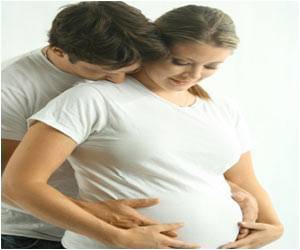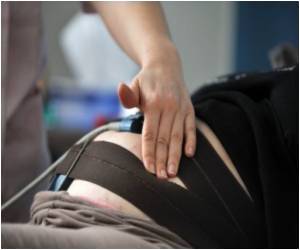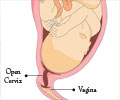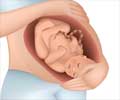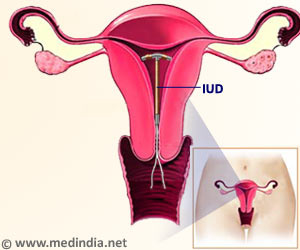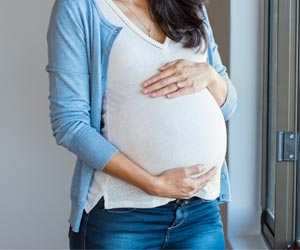The research, presented at the annual conference of the European Society of Human Reproduction and Embryology, also showed that rates of preclinical abortion (defined as a miscarriage
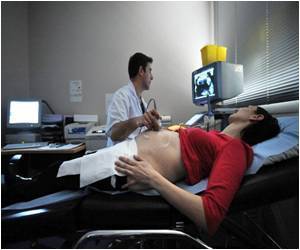
"To our knowledge, there have been no other studies reporting on live birth rates after ICSI in relation to the number of eggs retrieved that also includes the risks for preclinical abortion and miscarriage for women with a positive pregnancy test after ICSI treatment. By focusing only on ICSI treatments, we know the exact number of mature eggs retrieved, fertilised and implanted," said Dr Stoop.
The researchers found that the live birth rate was highly dependent on ovarian response. Women who had 11 or more eggs retrieved after stimulation had the best chance of a successful pregnancy; compared with these women, those who had 6-10 eggs retrieved had a 4.3% lower chance of a live birth, and those with only 1-5 eggs had a 16.4% lower chance.
Rates of preclinical abortion, miscarriage and overall pregnancy loss in the first trimester remained fairly constant until the age of 34, but then increased steadily. On average, rates of preclinical abortion, miscarriage and overall pregnancy loss in the first trimester were 8.5%, 6.8% and 16.9% respectively until the age of 37. Between the ages of 38-40 the rates rose to 13.8%, 16.6% and 33.8% respectively, and between the ages of 41-43 the rates rose to 21.6%, 31.6% and 56.7% respectively.
The risk of an ectopic pregnancy was not related to the age of the patient and remained at an average of 1.9% per cycle – a rate that is approximately the same as that seen in the general population.
Ms Jansen said: "This analysis provides interesting information regarding the outcome for patients undergoing an ICSI treatment. It demonstrates the strong correlation between ovarian response and the chances of achieving a live birth after ICSI. It enables the fertility specialists as well as the patients to calculate the chances of a pre-clinical abortion, a miscarriage or a live birth.
Advertisement
"The finding that the risk of ectopic pregnancy is unrelated to a woman's age, and is similar to that seen in the general population, is reassuring news for women undergoing fertility treatment."
Source-Eurekalert


